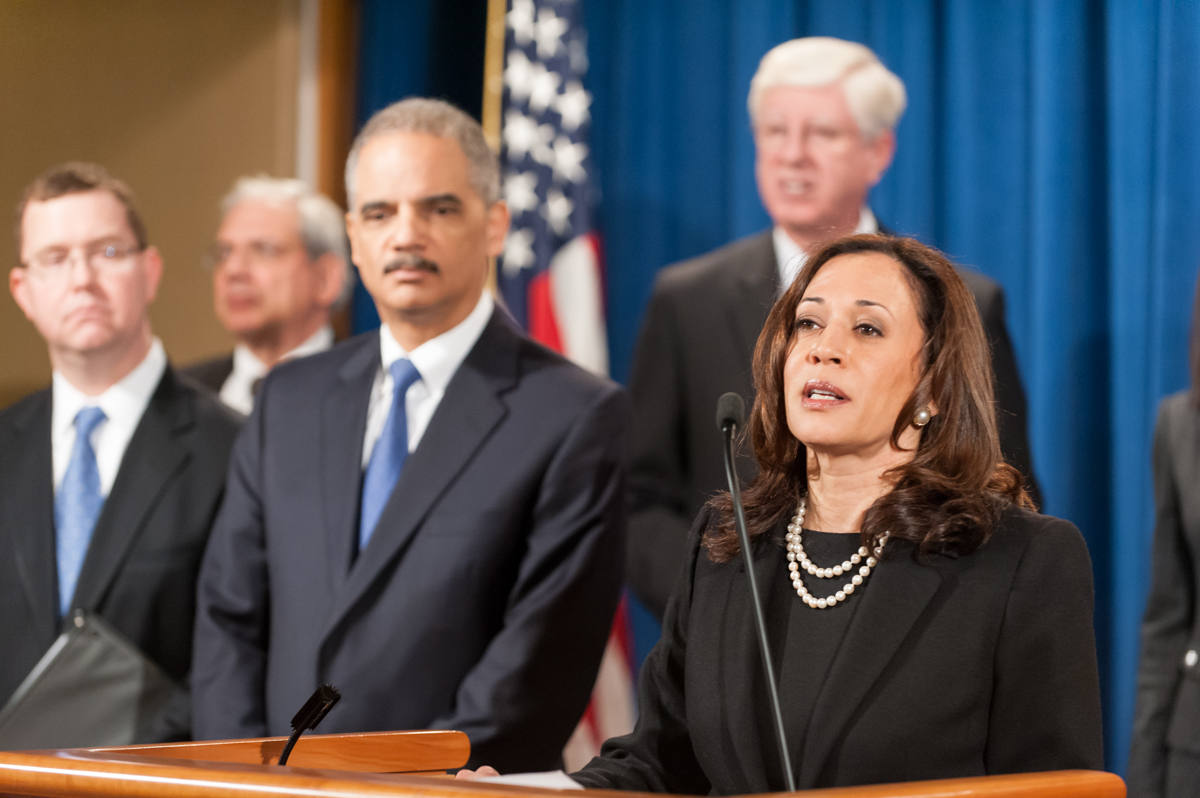
When it comes to ending federal prohibition, some public officials are do-ers, and other are talkers. Here in Oregon, we are lucky enough to have Congressman Earl Blumenauer, who is a relentless advocate for ending prohibition. Blumenauer helped found the Congressional Cannabis Caucus, and appended his name to the Rohrabacher-Blumenauer Amendment (RBA), which prohibits the U.S. Department of Justice (DOJ) from spending money to interfere with state medical cannabis laws. We are also fortunate to have the likes of Ron Wyden and Jeff Merkley in the Senate, who introduced a marijuana banking bill as far back as 2015, and Governor Kate Brown, who has always been stellar on cannabis.
Those four individuals are Democrats, of course, but there are plenty of vocal Republican advocates for ending prohibition as well. Dana Rohrabacher (of RBA) gets an A+ rating from NORML, and Corey Gardner, the Republican Senator from Colorado, was one of the most strident critics of Jeff Sessions’ recent move to rescind the Cole Memo, pledging to block DOJ nominees until Sessions relents. All of this makes sense, given the status of the plant in these individuals’ respective states, but also the fact that a majority of Republican voters now support marijuana legalization nationwide.
At this point, you would think that every politician in a cannabis-legal state – especially adult-use states – would be pulling on the rope of ending prohibition. Some of our elected and appointed officials, though, are mostly just talk. These individuals give lip service to the notion that the federal government should stand down on cannabis, but they cannot be bothered to introduce legislation, let alone sponsor a bill or make any other attempt to re- or deschedule cannabis with respect to the federal Controlled Substances Act (CSA). President Obama’s Attorney General, Eric Holder, was sometimes criticized for this.
As DOJ head, Holder had the power to press Health and Human Services for an evaluation of cannabis, sufficient to remove it from the CSA. We explained how that works here. Whether Mr. Holder would have succeeded is an open question, but the fact that Holder is now one of the most vocal critics of Session and his cannabis policy, only lends credence to the argument that he should have done more when he had the chance.
Today, at this important time, there are other public officials who should be doing more to end the War on Drugs, but they too are mostly just talk. Case in point: California Democratic Senator Kamala Harris. There are several reasons why Ms. Harris has been catching significant flak for her half measures on cannabis, as compared to other officials: 1) she hails from California, the first state with a medical cannabis program and the world’s largest cannabis economy; 2) she comes from the executive side, having served as California Attorney General; 3) she is a celebrity national politician, who is often floated as a 2020 presidential candidate; and 4) she is constantly talking about the failed War on Drugs. In fact, she talks about it pretty much every single day.
But it’s all talk. As California Attorney General, Ms. Harris did little to advance her state’s interest as to cannabis. In 2014, when she was asked for her opinion on legalizing adult-use cannabis, her response was dismissive laughter. As a state Senator, she has failed to sponsor or even co-sign any bill to re- or deschedule marijuana (and there are some good ones). Aside from lots of talking, Harris’ one big move has been to put together a petition to decriminalize marijuana nationwide (but not to revise the CSA). My eight-year-old niece could do that.
Industry advocates, cannabis users, and voters in general should all pay attention to which of their representatives are talking the talk, and which are walking the walk when it comes to ending prohibition and protecting state industries. Given her career arc and superstar potential, Kamala Harris has famously been referred to as “Eric Holder in a skirt.” When it comes to cannabis, unfortunately, that comparison looks like a pretty good fit.























